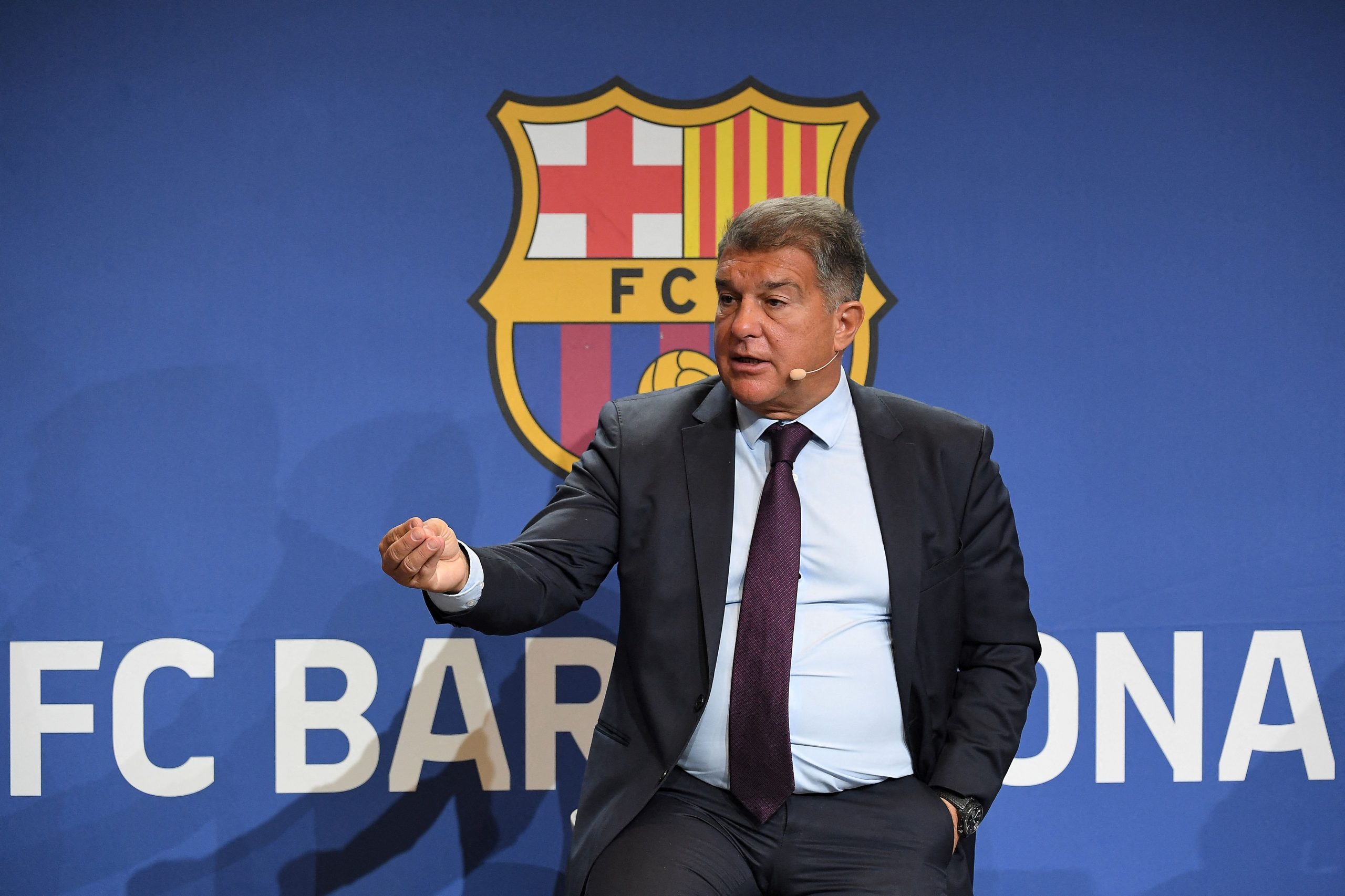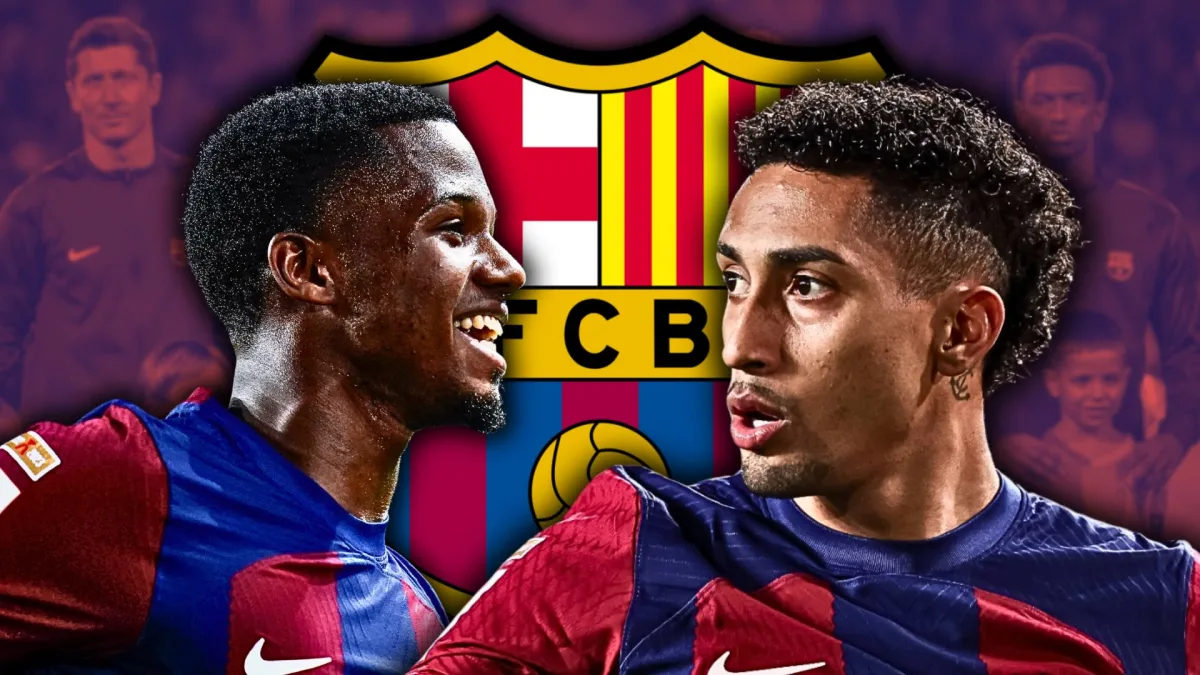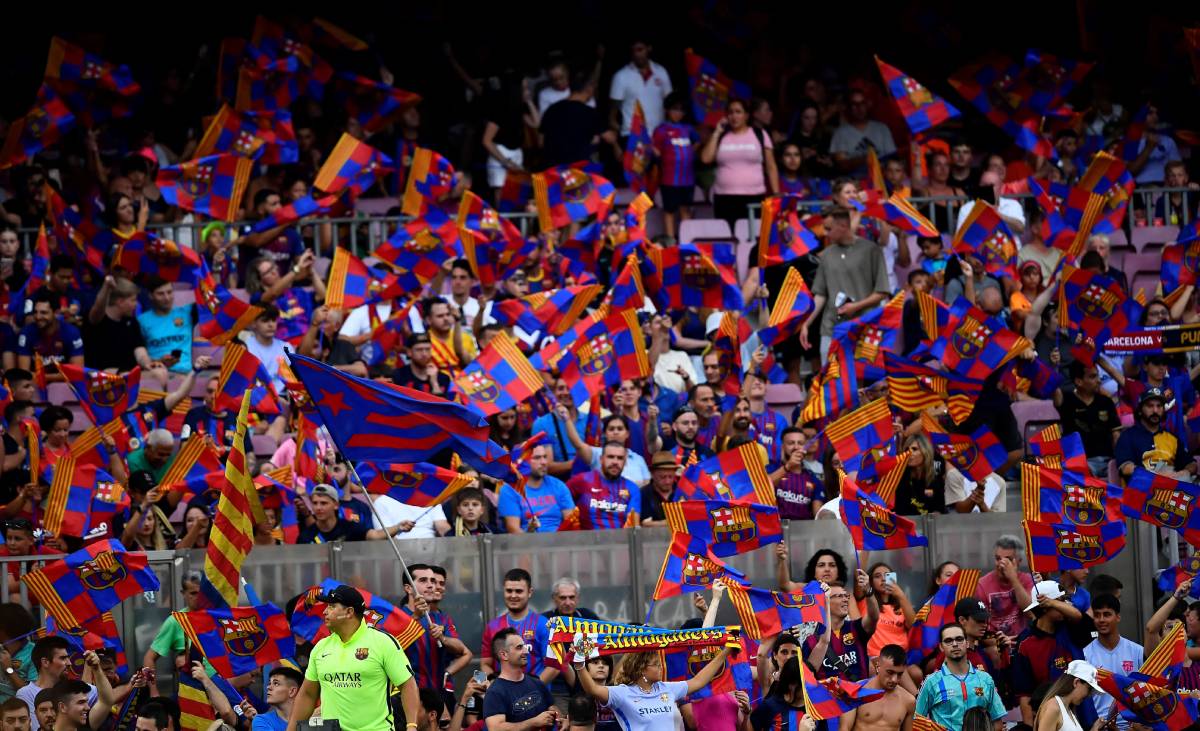
In recent years, FC Barcelona, one of the most storied clubs in football history, has faced significant financial challenges that have raised concerns among fans, stakeholders, and analysts alike. The club’s financial difficulties became starkly apparent during the 2020-2021 season, culminating in a debt crisis that prompted drastic measures. This blog aims to delve into the strategies FC Barcelona is employing to manage its financial challenges, focusing on their attempts to stabilize the club’s finances, maintain competitive performance, and rebuild their reputation as a global footballing powerhouse.
The Financial Landscape
FC Barcelona’s financial woes can be traced back to a variety of factors, including the global pandemic, mismanagement, and an over-reliance on star player salaries. The club’s debt reportedly ballooned to over €1.5 billion, exacerbated by the effects of COVID-19, which disrupted matchday revenues and reduced income from merchandise sales. Moreover, the club’s lavish spending on player transfers and wages during the previous decade left it vulnerable when revenue streams began to dwindle.
The club’s financial distress reached a tipping point when it was unable to renew Lionel Messi’s contract in the summer of 2021, leading to his departure to Paris Saint-Germain (PSG). This iconic moment symbolized not just the end of an era but also highlighted the magnitude of Barcelona’s financial mismanagement. The loss of Messi also led to a significant drop in merchandise sales, ticket revenues, and overall global appeal, further compounding the financial crisis.
Strategies for Financial Recovery
In response to its financial challenges, FC Barcelona has adopted several strategies aimed at regaining stability and competitiveness. These strategies can be categorized into immediate measures, long-term planning, and restructuring.
- Cost-Cutting Measures
One of the first steps taken by the club was to implement cost-cutting measures across various departments. This included reducing player wages, which was a contentious topic among players and their agents. The club negotiated salary reductions with several high-profile players, including Gerard Piqué and Sergio Busquets, to help alleviate the immediate financial burden. Additionally, the club adopted a more prudent approach to player acquisitions, shifting focus from marquee signings to developing young talent from its famed La Masia academy.
- Asset Sales and Financial Instruments
To address its immediate cash flow needs, FC Barcelona opted to sell a portion of its assets. This included the sale of a percentage of its television rights for a fixed period, generating an influx of cash. In the summer of 2022, the club announced the sale of 10% of its La Liga television rights for €207.5 million, a move that raised eyebrows but was necessary for immediate liquidity.
Furthermore, the club also explored other financial instruments, such as issuing bonds, to raise funds. These financial maneuvers, while providing short-term relief, also highlight the precarious balance Barcelona must maintain as it navigates its recovery.
- Focus on Youth Development
Recognizing the need to reduce reliance on expensive signings, Barcelona has renewed its focus on developing young players through its academy, La Masia. This approach not only aligns with the club’s rich history but also aims to create a sustainable financial model. Players like Pedri, Gavi, and Ansu Fati have emerged as crucial assets for the first team, providing both on-field talent and potential future transfer revenue.
The integration of youth players not only reduces wage expenditure but also fosters a sense of identity and continuity within the team. The club has also emphasized the importance of player development and scouting, ensuring that promising talents are identified and nurtured at a young age.
- Revamping Commercial Operations
Barcelona is also keen on enhancing its commercial operations to boost revenues. The club has sought to expand its global brand presence through strategic partnerships, sponsorship deals, and merchandise sales. Collaborations with brands such as Spotify have not only provided financial support but have also enhanced the club’s visibility in international markets.
Moreover, Barcelona has explored innovative revenue streams, including the potential for e-sports initiatives and digital engagement platforms. This diversification of income sources is critical for reducing dependency on matchday revenues, which can fluctuate significantly based on performance and external factors.
- Governance and Structural Reforms
Recognizing the importance of good governance in financial recovery, Barcelona has initiated structural reforms aimed at increasing transparency and accountability. The appointment of a new board led by President Joan Laporta has brought in fresh perspectives and a commitment to rectifying past mistakes. The board is focused on fostering a culture of financial responsibility and sustainable growth, prioritizing long-term stability over short-term gains.
In addition, the club has taken steps to improve communication with stakeholders, including fans, investors, and the media. By fostering trust and collaboration, Barcelona aims to build a united front in its quest for financial recovery.
The Road Ahead: Challenges and Opportunities
While FC Barcelona has implemented various strategies to manage its financial challenges, significant hurdles remain. The club’s financial recovery will depend on a combination of factors, including successful player development, maintaining competitive performance, and rebuilding its brand reputation.
- On-Field Performance
The performance of the first team on the pitch will be crucial in determining the club’s financial trajectory. Success in domestic and European competitions can significantly boost revenues through prize money, increased sponsorships, and enhanced global visibility. The club’s current coaching staff, led by Xavi Hernandez, is tasked with revitalizing the team’s competitive edge and attracting fans back to the stadium.
- Maintaining Fan Engagement
As Barcelona navigates its financial recovery, maintaining strong engagement with its fan base will be paramount. The club’s history and traditions resonate deeply with supporters, and ensuring their continued support is essential. The club has embraced digital platforms and fan engagement initiatives to connect with its global audience, fostering loyalty and driving merchandise sales.
- Balancing Ambition with Financial Prudence
As Barcelona seeks to regain its status as a top European club, the challenge will be balancing ambition with financial prudence. The allure of marquee signings and high-profile players may tempt the club to overspend, but maintaining a sustainable financial model will be crucial for long-term success. The lessons learned from past mismanagement should guide future decision-making.
- External Factors
Barcelona’s financial recovery is also susceptible to external factors, including changes in La Liga regulations, economic conditions, and the competitive landscape of European football. The potential implementation of stricter financial fair play regulations could further impact the club’s ability to operate within its means.
Additionally, the ongoing impact of the COVID-19 pandemic on global sports and entertainment industries remains a variable that could influence Barcelona’s financial recovery trajectory. The club must remain adaptable and agile in response to changing circumstances.
A Path to Recovery
FC Barcelona’s financial challenges represent a cautionary tale in the world of football, highlighting the importance of sound financial management and the dangers of over-reliance on star players. However, through a combination of cost-cutting measures, asset sales, youth development, commercial innovation, and governance reforms, the club is charting a path toward recovery.
The journey ahead will be fraught with challenges, but FC Barcelona’s rich history, passionate fan base, and commitment to its core values provide a solid foundation for renewal. As the club navigates this transformative period, it remains essential for all stakeholders—fans, players, and management—to work collaboratively in restoring the club to its rightful place among the elite of European football.
In the words of Joan Laporta, “We are building a new era at Barcelona, one that respects our traditions and lays the groundwork for sustainable success.” With determination, foresight, and unity, FC Barcelona can not only emerge from its financial challenges but also reclaim its status as one of the most iconic clubs in world football.


